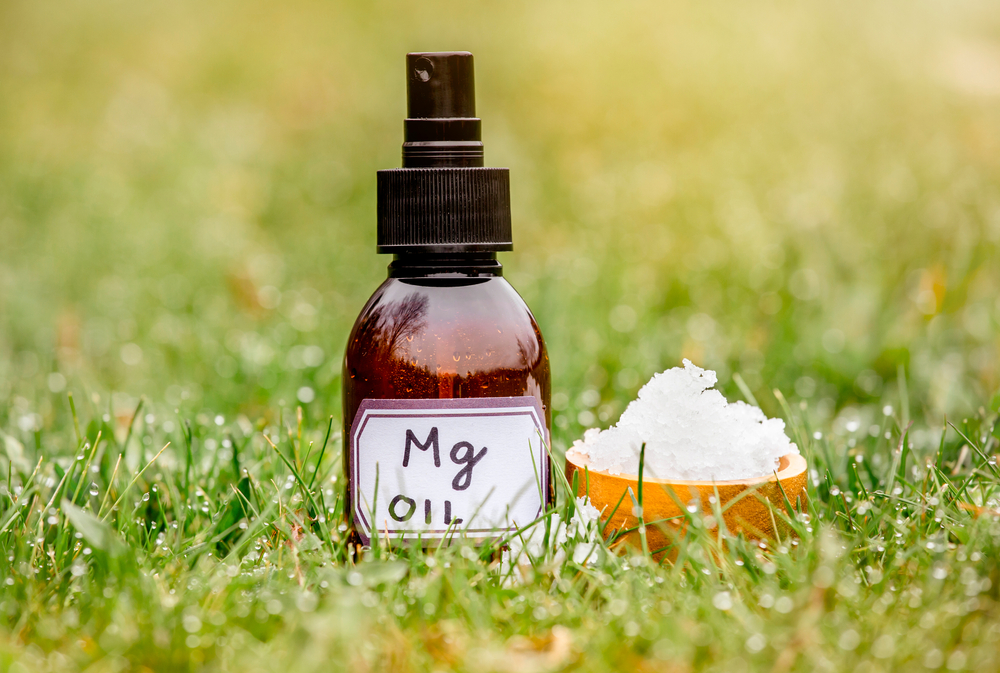Magnesium plays an essential role in our overall health, and recent attention has focused on its potential benefits for improving sleep. As millions of Americans struggle with sleep disorders, magnesium has gained recognition for its involvement in melatonin production and muscle relaxation. These properties suggest it could enhance sleep quality, although questions about the most effective ways to deliver magnesium remain.
The science of transdermal absorption
Research into how magnesium is absorbed through the skin has become an area of growing interest. Traditional oral magnesium supplementation has been widely studied, but the transdermal method—applying magnesium directly to the skin—presents a different approach. Proponents of transdermal magnesium claim it bypasses digestive issues, allowing for more efficient absorption into the bloodstream.
However, the scientific evidence supporting this method is still in its early stages. While transdermal absorption seems promising, current studies do not fully confirm its effectiveness compared to oral supplementation. More research is needed to measure the absorption rates and bioavailability of magnesium when applied topically. Understanding these factors will help clarify whether magnesium spray could become a mainstream solution for sleep improvement.
Clinical evidence and user experiences
A growing body of research links magnesium levels with sleep quality. Systematic reviews have found correlations between magnesium intake and sleep parameters, such as increased sleep duration and reduced sleep onset time. However, much of the research to date has focused on oral supplementation, not topical applications like magnesium sprays.
Despite this, many users report positive experiences with magnesium spray, claiming improved sleep quality. These anecdotal accounts continue to drive interest in the topical application of magnesium. Still, the need for well-designed clinical trials to validate these personal experiences remains critical. A deeper understanding of how magnesium interacts with the body via different delivery methods will help inform its use as a sleep aid.
Practical applications and considerations
For those considering magnesium spray as part of their sleep routine, it’s essential to follow the proper usage instructions. Applying magnesium spray to clean skin in the evening, ideally an hour or more before bed, allows the mineral to absorb effectively. Timing and technique are crucial to maximizing the benefits of the spray.
Product quality is another important factor. Not all magnesium sprays are created equal, and the purity of the product influences its effectiveness. Look for sprays that specify their magnesium content and ensure they are free of unnecessary additives. Additionally, checking for any potential allergens or irritants can help avoid skin sensitivities.
Safety and effectiveness factors
As magnesium spray gains popularity, understanding its safety and effectiveness is crucial. While magnesium is generally safe for most people, some individuals may experience skin irritation or sensitivity to certain products. It’s essential to conduct a patch test before using a magnesium spray on larger areas of the body.
Effectiveness can vary from person to person, and it’s important to note that magnesium spray should not be seen as a cure-all for sleep issues. Rather, it should be viewed as part of a broader strategy for improving sleep. Understanding your body’s response to magnesium and making adjustments based on personal experience will help determine whether this method works for you.
Alternative approaches to sleep enhancement
Although magnesium spray shows potential, achieving optimal sleep quality often requires a holistic approach. Relying on a single intervention, such as magnesium supplementation, may not address all underlying factors contributing to poor sleep.
Incorporating lifestyle changes, improving sleep hygiene, and making dietary adjustments can enhance the benefits of magnesium. For example, a balanced diet rich in other essential minerals and vitamins, combined with consistent sleep routines, can support overall sleep quality. Reducing screen time before bed, managing stress, and ensuring a comfortable sleep environment are also crucial components of an effective sleep improvement strategy.
Future developments and research
The scientific investigation into the role of magnesium spray in sleep enhancement is ongoing. Researchers continue to explore how magnesium interacts with the body through different delivery methods and how it might contribute to improved sleep. As more studies are conducted, we can expect to learn more about the optimal dosage, timing, and techniques for applying magnesium spray.
As our understanding evolves, it’s likely that more refined products and targeted approaches will emerge, allowing for more personalized solutions to sleep issues. For now, magnesium spray remains a promising tool for those seeking to improve their sleep quality, but it should be used as part of a comprehensive approach to health and wellness.











